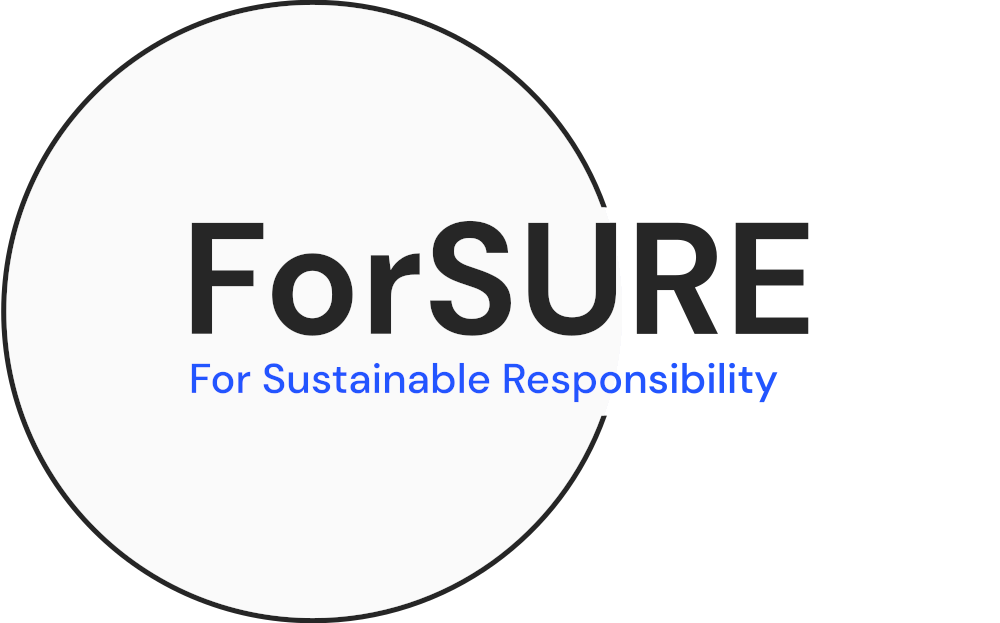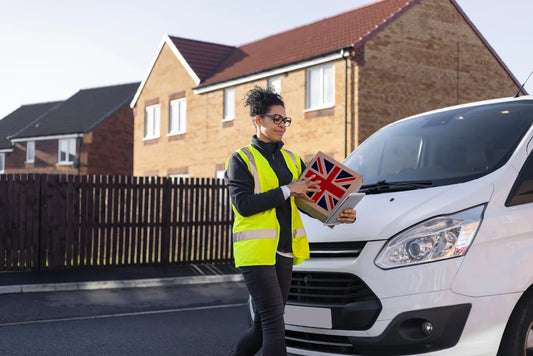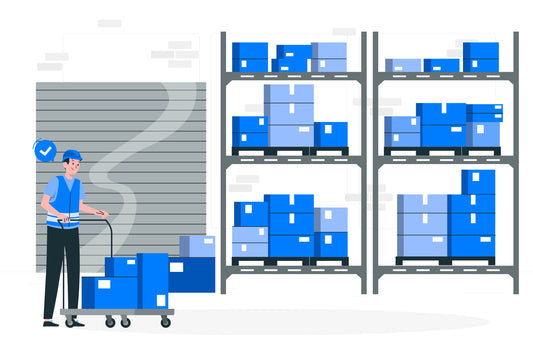The Regulatory Complexity of EPR
April 24, 2023 Daniel AriansTable of Contents
What makes EPR so difficult and why is it necessary at all?
Extended Producer Responsibility, or EPR, was created as a means of transferring control over waste management from consumers to manufacturers and producers. As a result, businesses are responsible for the entire product lifecycle, from conception to disposal. EPR aims to lessen the burden on consumers to properly dispose of waste while encouraging businesses to produce more environmentally friendly and sustainable products. However, because it necessitates significant modifications to waste management and supply chains, putting EPR into practice can be difficult. To ensure that products are disposed of and recycled properly, businesses must invest in new infrastructure and technologies, which can be expensive and time-consuming.
How do you deal with EPR as a company?
It's critical to take a proactive approach to EPR as a business and see it as an opportunity to innovate and advance sustainability practices. This may entail collaborating with partners and suppliers to implement more environmentally friendly products and procedures as well as working with waste management organizations to guarantee proper product disposal and recycling. To support their EPR efforts, businesses might also need to make investments in new technologies and infrastructure. Companies can also use EPR initiatives to differentiate themselves in the market and show stakeholders and customers that they are committed to sustainability. In conclusion, adopting EPR can help the environment while giving businesses that place a high priority on sustainability a competitive edge.
EPR reporting helps governments monitor their progress toward sustainability goals and provides useful information on the efficacy of EPR policies. It is required in some nations, and failing to report can have consequences. EPR reporting promotes accountability and transparency in waste management and shows a dedication to sustainability. In general, EPR reporting is essential to the effectiveness and accountability of EPR policies.
Why ForSURE is the perfect solution for your business.
ForSURE is an application that offers a simple solution for data collection and creating reports, streamlining the management of EPR reporting for small and mid-sized businesses. It is simple to comply with regulations and improve sustainability efforts thanks to the tool's automated data analysis and provision of EPR reports.
Since we provide solutions that are quick to process, affordable, up to date with EPR regulations, and easy to integrate, our company is a desirable option for small and mid-sized businesses. We also constantly develop our EPR software to meet the demands of the changing market. We have developed our solutions to offer the greatest value at competitive prices because we are aware of the financial limitations faced by small and mid-sized businesses. In addition, our solutions are always up to date with the most recent EPR regulations and guidelines, guaranteeing compliance and precise outcomes. We guarantee prompt and effective service while continuously adjusting to meet changing market demands thanks to our quick processing times and dynamic development methodology.
FAQ
-
Why is EPR considered complex for multinational producers?
-
What types of products are typically subject to EPR regulations?
-
What are the core reporting and registration requirements for EPR?
-
What challenges do compliance teams face with EPR?
-
How can companies simplify EPR compliance?
-
How do EPR schemes function across the European Union?
-
How do EPR schemes differ between the EU, US, and Asia?
-
What trends are shaping the future of EPR regulation?




